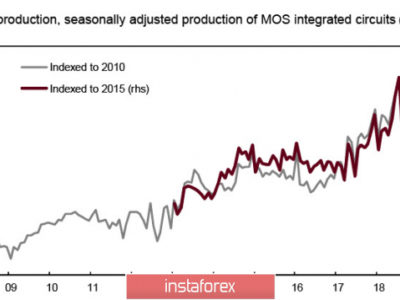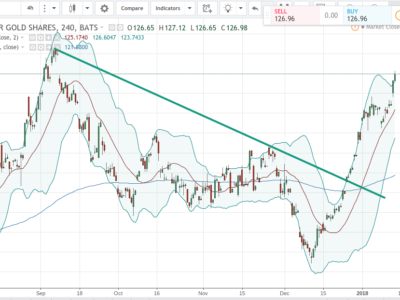Theresa May Becomes 56th British Prime Minister: What Does It Mean for the Financial Markets?
On July 13, Theresa May became the 56th Prime Minister of the United Kingdom, bringing much needed political certainty to a country that just voted to leave the European Union.
Mrs. May’s appointment sent UK share prices soaring and helped the British pound stabilize after three weeks of volatility.[1] She also formed a new government and introduced David Davis as the country’s new Secretary of State for Exiting the European Union.
“Brexit means Brexit,” May has declared, leaving little doubt that the British government would fulfill the outcome of the June 23 referendum. She even appointed Boris Johnson to Foreign Secretary. Mr. Johnson was a key proponent in convincing voters to back Leave during last month’s plebiscite.[2]
With UK stocks holding near one-year highs and global markets rebounding, Mrs. May’s appointment has been welcomed with open arms by the international community. May became the overwhelming favourite to replace David Cameron after Boris Johnson bowed out of the leadership race more than two weeks ago. Secretary of State for Environment, Food and Rural Affairs Andrea Leadsom was the final domino to fall before May’s path to premiership was clear.
There’s another reason why the markets are rejoicing in a new British Prime Minister. Had no other Member of Parliament dropped out of the race, it would have likely taken until October to elect a new leader.
According to experts, Mrs. May is considered tough on migrants, mostly opposed to EU rules on migration and relatively indifferent on the rights of EU workers living and working within the UK.[3]
By putting Mr. Davis in charge of the so-called Brexit, May succeeded in convincing markets that she had a plan for exiting the European Union. According to Davis, the British government will trigger Article 50 of the Lisbon Treaty “before or by the beginning of next year.”
Article 50 outlines the procedure for exiting the European Union. By triggering the so-called Brexit clause, Britain has two years to formalize a new trade agreement with the EU.
In the short term, Theresa May is likely to bode well for the financial markets, which have rebounded sharply from the post-Brexit selloff. Long term, her success will depend on the Conservative government’s ability to negotiate a successful trade agreement with its EU partners. According to Mr. Davis, the ideal and “most likely outcome” of the negotiations is continued free trade access to the EU.[4] It remains to be seen whether Brussels agrees. Britain’s exit from the EU is expected to trigger similar calls for independence across Europe, which could further undermine the soon-to-be 27-member bloc.
[1] Lana Clements (July 14, 2016). “BREXIT BOOM: Stock markets surge as Theresa May takes the helm.” Sunday Express.
[2] Sam Bourgi (July 16, 2016). “Theresa May Appointed British PM, but Brexit Outlook Remains Uncertain.” Economic Calendar.
[3] Al Jazeera (July 13, 2015). “UK: Theresa May set to replace David Cameron as PM.”
[4] Laura Hughes (July 14, 2016). “New Brexit Minister David Davis declares Article 50 should be triggered by end of year.” The Telegraph.
The post Theresa May Becomes 56th British Prime Minister: What Does It Mean for the Financial Markets? appeared first on Forex.Info.
Source:: Theresa May Becomes 56th British Prime Minister: What Does It Mean for the Financial Markets?














